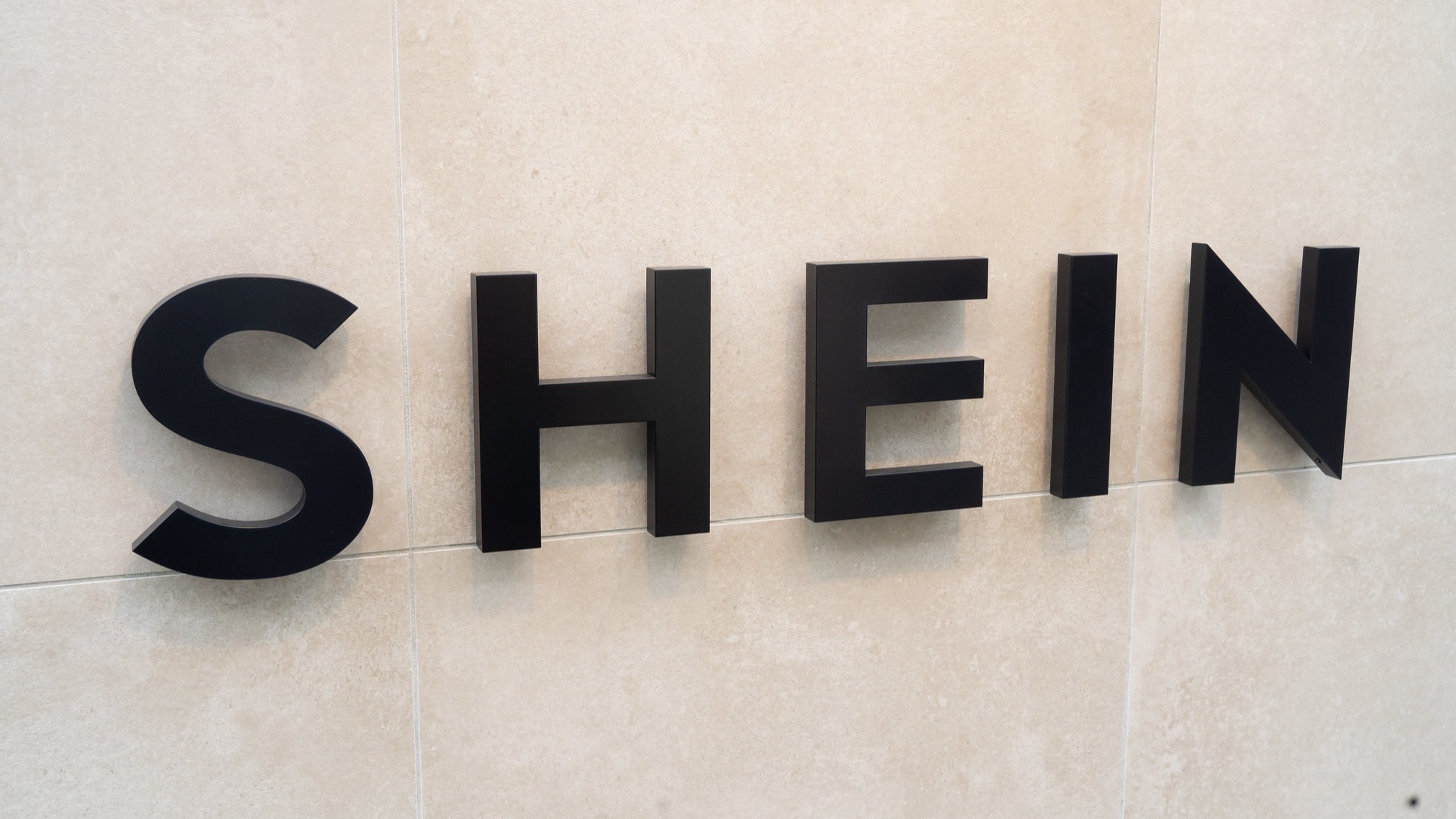Chinese fast-fashion giant Shein has reportedly received permission from the UK’s Financial Conduct Authority (FCA) for its planned London initial public offering (IPO).
The move was confirmed by two people familiar with the matter, according to a report by Reuters.
The sources said that the retailer will also need approval from Chinese regulators before the public listing goes ahead.
Shein publicly confirmed its plans to float on the stock market for the first time in March after filing papers with the FCA privately in June 2024.
Shein, founded in 2012, was valued at $66 billion during its most recent funding round in 2023.
Donald Tang, the company’s executive, dismissed a recent report that Shein's global net profit fell almost 40 per cent to $1 billion last year amid competition from rival Temu as speculation.
Earlier this week, China urged Shein not to move its production away from the country in response to Donald Trump's latest tariff threats, according to Bloomberg News.
The Chinese Ministry of Commerce reportedly reached out to Shein and other companies, advising them against diversifying their supply chains by sourcing from other countries, according to a person familiar with the matter.
These requests came ahead of President Trump's announcement of reciprocal tariffs that have prompted many firms to seek alternative sourcing strategies to avoid additional import levies, the source said.
News of the FCA's approval comes after Shein was accused earlier this year of “wilful ignorance” during a Business and Trade Committee evidence session about supply chain labour rights.
The Committee questioned representatives from Shein and fellow Chinese company Temu, as well as McDonalds and Tesco, as part of a wider inquiry examining the government's employment rights bill and measures to prevent the import of goods produced under poor labour conditions.
During the meeting, Yinan Zhu, Shein’s general counsel for Europe, Middle East and Africa (EMEA) was accused of avoiding answering basic questions about the company’s supply chain.
Zhu was asked several times whether Shein’s products include cotton sourced from China or the Xinjiang region, which she did not answer directly during the session.
Following rumours of its plans to go public on the London Stock Exchange last year, Shein faced backlash from UK charities and industry figures.
Mary Portas, the celebrity retail consultant and television personality, launched a petition urging the Labour government to block the listing.
"Why would we as a country consider embracing a company like Shein onto the London Stock Exchange?" said Portas at the time. "This is a company with allegations of unethical business practices, modern slavery, and violating labour laws. Surely we are better than this?"
Following objections from Amnesty International, UK-based human rights group Stop Uyghur Genocide also launched a campaign attempting to stop the IPO.
The business, which is known for its ultra-cheap clothing, also admitted last year that it had identified two cases of child labour in its supply chain in 2023.
Since then, the company says it has tightened the standards under its supplier code of conduct and responsible sourcing policy so that any severe breaches result an immediate end to supplier relationships.
Speaking at the Retail Technology Show last week, Shein’s head of strategic and corporate affairs for North America and Europe defended the company’s operations and processes, saying that the Chinese clothing giant doesn’t “cut corners” on labour practices, material safety, or product quality.
Peter Pernot-Day suggested that while many customers have a perception of Shein as a “fast fashion” brand, it should instead be described as a “smart fashion” retailer.
Latest News
-
eBay and Etsy to buy Depop for $1.2bn
-
Retail sector plans to cut jobs and hours as employment costs surge
-
eBay launches Pay by Bank in the UK
-
Asos launches new hybrid virtual try-on service
-
Amazon builds zero carbon delivery facility in North East England
-
Carrefour to digitise all French supermarkets and hypermarkets by 2030
Beyond Channels: Redefining retail with Unified Commerce
This Retail Systems fireside chat with Nikki Baird, Vice President, Strategy & Product at Aptos will explore how unified commerce strategies enable retailers to tear down these barriers and unlock new levels of operational agility and customer satisfaction.
The future of self-checkout: Building a system that works for consumers and retailers
In this webinar, industry leaders discussed what the future of self-checkout looks like and how retailers can make the technology work for everyone.
© 2024 Perspective Publishing Privacy & Cookies


.png)

.jpg)





Recent Stories